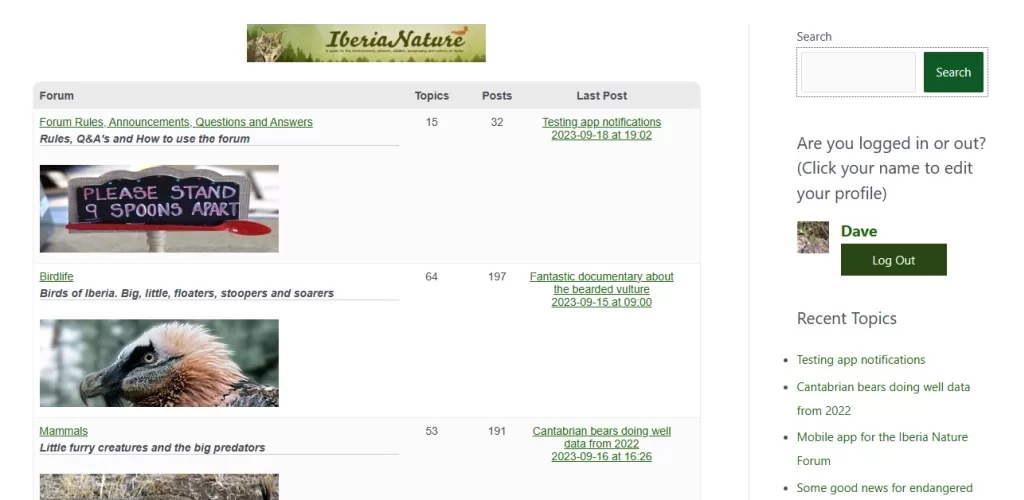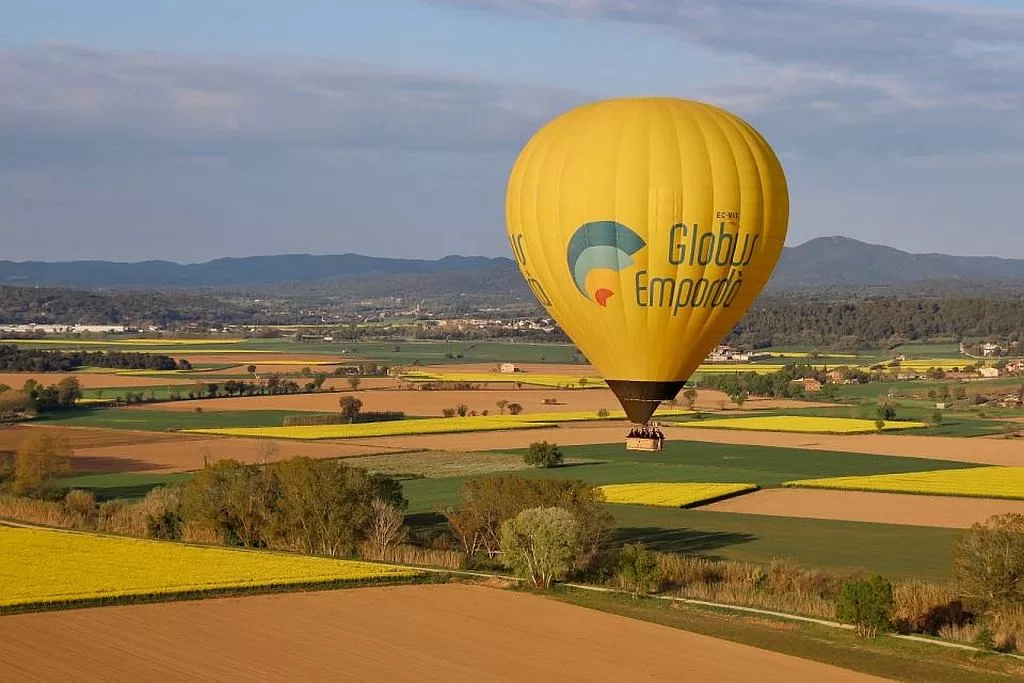Discover the Best Wildlife, Walking, and Cultural Holidays in Spain
Are you looking for wildlife, walking, and cultural holidays in Spain? Or perhaps you’re interested in finding wildlife-watching places in Spain? At Wildside Holidays, we offer comprehensive information about Spain’s Natural and National parks. Our site is a treasure trove for anyone passionate about Spanish wildlife and nature.
Sustainable Rural and Wildlife Tourism in Spain
Sustainable rural and wildlife tourism in Spain plays a crucial role in protecting wildlife and their habitats. Numerous studies demonstrate the positive impact of wildlife tourism on local economies, habitats, and the species that inhabit them. By choosing eco-friendly tours, you contribute to conservation efforts while enjoying the natural beauty of Spain.
Navigate Wildside Holidays Spain
Whether you are browsing on a desktop or mobile, navigating our resources is simple.
On Desktop:
- Right Column: Find protected areas in the Spanish regions and discover the best local companies to help you organize your wildlife holiday in Spain
- Top Menu: Explore detailed wildlife and species pages.
On Mobile:
- Use the menu button or scroll down to access all the information.




